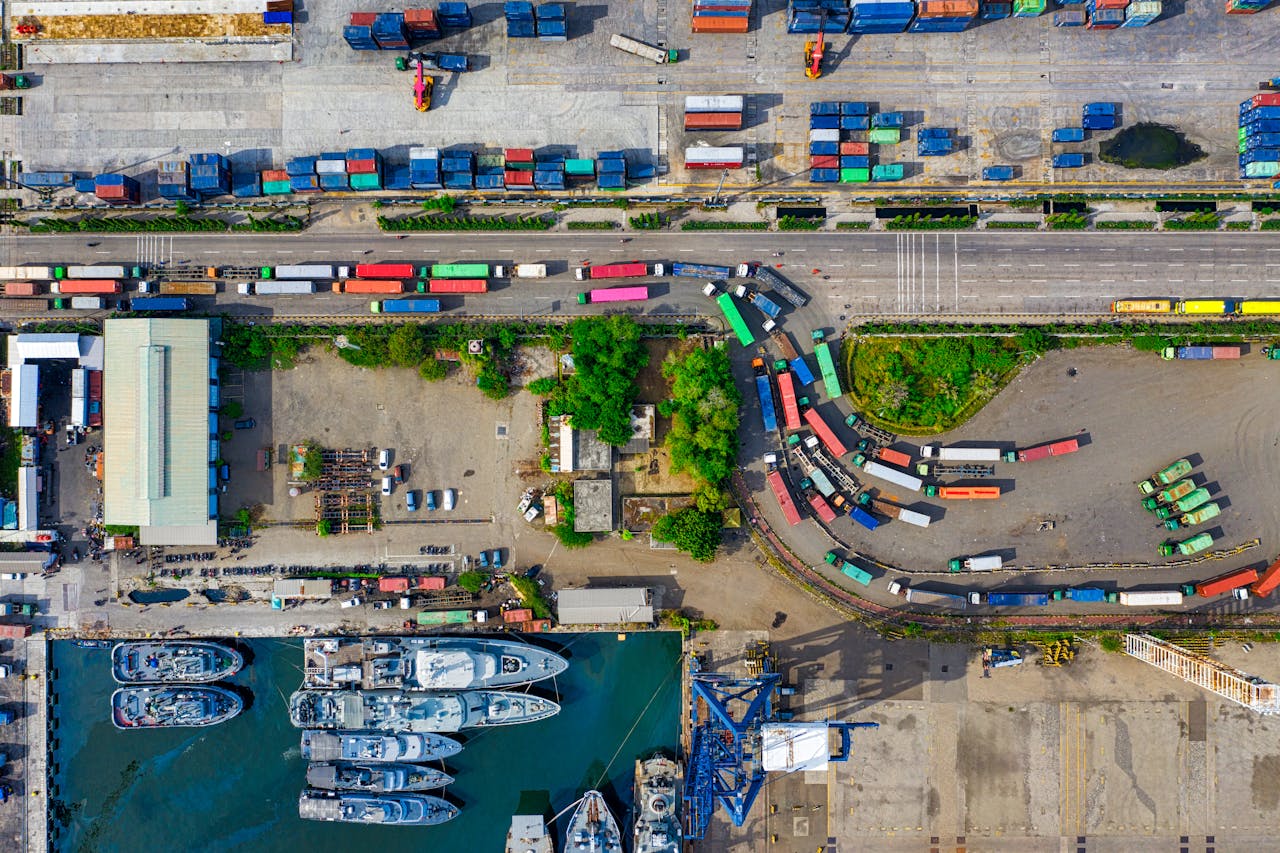Preparing for Customs Audits: Best Practices for Exporters and Importers
This is a guest post by Jane Dillman.
Despite slightly uncertain geopolitics, global trade still presents huge opportunities for business owners and operators. Of course, that’s only true as long as you have a firm grasp on the accompanying logistics — especially during peak shipping season. Among other things, this includes knowledge of all the legal complexities of the markets in which you operate. Besides local politics and the economy, you also need to know about a country’s trade policies and customs rules — in short, everything necessary to smoothly clear customs with your shipments.
So, let’s take a look at some of the most important things you need to do while preparing for customs audits, at least in the United States.
What Are Customs Audits?

Before we get into the details of preparing for customs audits, you’re probably wondering — is your company subject to a customs audit?
For starters, it’s important to understand that all businesses that import something into the United States may potentially undergo an audit. It doesn’t matter whether you’re a resident or not or what your business is importing.
The United States CBP (Customs and Border Protection) may decide to audit you for several reasons, some of which we’ll get into below.
Basically, CBP can’t run a detailed audit on everyone who imports goods into the country. It’s just not realistically feasible. That’s why they opt for a risk management approach. In other words, they focus their workforce on checking types of imports that could potentially:
- Disrupt the U.S. economy,
- Result in sizable revenue losses, or
- Endanger the safety and health of U.S. citizens.
The CBP is actually pretty public in its approach to customs audits. In fact, they periodically release a list of PTIs (Priority Trade Issues). This list shows which types of imports and actions they view as high-risk in the context of CBP goals, as stated above.
For instance, a major industrial manufacturer trying to import potentially dangerous chemicals into the country would be a prime potential target for an audit. On the other hand, professional moving companies that conduct international moves, like Lippincott Van Lines Connecticut, aren’t as relevant to the CBP. As a result, they don’t get audited as often.
Crucial CBP Issues
While the list is updated from time to time, the current issues viewed as crucial by the CBP right now include:
- Import safety
- Trade agreements
- I.P. protection for American companies
- Countervailing duty
- Anti-dumping duty
- Textile imports
It’s crucial to understand that the CBP may still conduct an audit on companies that fall outside of this scope. However, the list can help you understand if your business, or another business on your supply chain, is at a high risk of being audited.
Will I Get Audited?
As we mentioned before, there’s really no way of knowing for sure. However, there are some things you should bear in mind while weighing the risk of undergoing an audit at customs.
For starters, large import volumes and total value will increase the chances of being audited. That’s only logical, as higher volumes mean it’s more important to remain compliant with U.S. customs regulations.
On the other hand, the specific H.S. codes of your traded goods matter as well. As we’ve discussed above, the nature of the goods you’re importing is essential to the process. That’s why having a special entry type can also increase the chances of an audit.
These special classes include USGR (U.S. Goods Returned) and TIB (Temporary Importation Bonds) — especially the latter.
Also, prior histories of audits, penalties, and pre-existing party transactions can all influence your odds.
Your customs declarations may also be audited depending on the country of origin — some jurisdictions have proven themselves riskier than others in the past, and the CBP takes this into account while deciding whom to audit.
As a result, it’s crucial to ensure your tariff classification is up to snuff. You need to state the correct country of manufacture for any goods and the country of origin before they are imported to the United States.
How To Prepare For An Audit
There are a couple of things you can do to make sure you’re ready for a CBP audit — or a “Focused Assessment”, as it’s officially called. We’ve divided the necessary steps into three stages:
Before the Audit
One of the first things you should do while preparing for customs audits is clean up your import process. Preferably, map it out with a flow chart that shows each step in detail. With this kind of visual guide, you’ll be able to understand everything better and eliminate bottlenecks. Even more importantly, you’ll be able to present your process clearly if the CBP conducts an audit.
Second, your business should have a response team ready for this eventuality. And it should consist of key personnel who know the ins and outs of your import process — everything from record-keeping to compliance.
Finally, consider hiring a third party to do a mock audit. That way, you’ll know if there are any compliance issues to solve in case of an actual CBP assessment.
During an Audit
If the CBP decides to conduct an audit, don’t worry — there are still plenty of things you can do to make the best of the situation.
For starters, you need to have any necessary documents ready. This includes compliance reports, shipping logs, invoices, and any other relevant records. The neater you present yourself to the CBP, the better.
At this stage, it’s crucial to fully cooperate with the CBP and give them any documents or info they ask for. The more you cooperate, the faster and smoother this audit will be.
However, that doesn’t mean a completely servile approach. For instance, you need to ensure that the CBP sticks to the timeline they laid out for the audit and hold them accountable, though politely. Point out that this is crucial for minimizing the disruption to your business.
Conclusion
Going through an audit is never pleasant. However, if you do a great job preparing for customs audits, you’ll never be particularly surprised. Plus, any disruptions to your workflow will be minimal, and you’ll quickly be able to go back to your schedule. Still, if you notice any compliance issues in your mock audit run or at any other point, make sure to address them urgently — don’t wait for the relevant authorities to point them out to you and potentially disrupt your imports.
This was a guest post by Jane Dillman.
Author Bio
Jane Dillman is an experienced trade compliance consultant specializing in U.S. customs regulations and import/export best practices. She helps businesses navigate complex customs requirements, avoid costly penalties, and build strong compliance programs.





